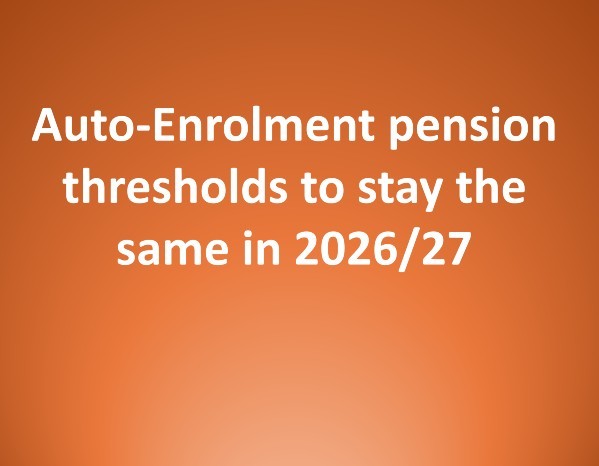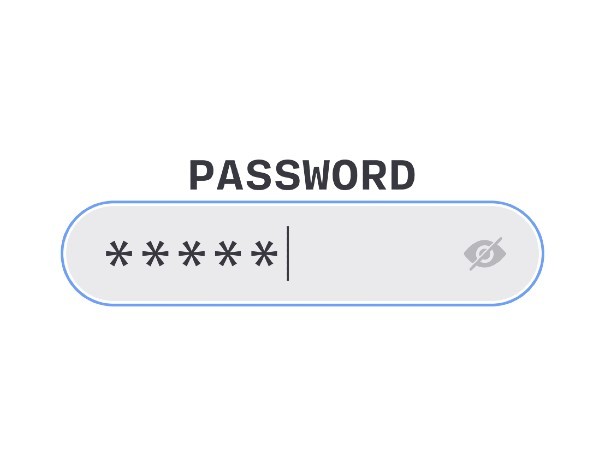.jpg)
HM Revenue and Customs (HMRC) have issued a press release debunking some common myths about whether someone needs to register to complete a self-assessment tax return.
The basic requirement is that anyone who needs to complete a self-assessment return for the first time to cover the 2023-24 tax year, needs to tell HMRC by 5 October 2024.
Here are the myths and the realities highlighted by HMRC:
Myth: I don’t need to file a return because HMRC hasn’t been in touch
The reality is that it is each taxpayer’s responsibility to determine whether they need to complete a tax return.
You may need to register and complete a tax return if you:
- have started to be self-employed and earned gross income of more than £1,000.
- earned below £1,000 but want to pay voluntary Class 2 National Insurance contributions to protect your pension and benefit entitlements.
- have become a new partner in a partnership.
- have received untaxed income above £2,500.
- need to pay the High Income Child Benefit Charge because you receive Child Benefit and you or your partner earned more than £50,000.
Myth: Tax has to be paid at the same time as the return is filed
The deadline for paying tax for the 2023-24 tax year is 31 January 2025. Tax can be paid any time before this date, it does not need to be paid at the same time the return is filed.
If you are struggling to pay your tax, you must submit your tax return to enable HMRC to agree a Time to Pay arrangement with you.
Myth: I don’t need to file a return because I don’t owe any tax
Tax returns may need to be completed to claim tax refunds and to claim tax relief on business expenses, charitable donations, and pension contributions. If you are self-employed, a return also needs to be completed to be able to pay voluntary Class 2 National Insurance Contributions if you want to protect your pension and benefit entitlements.
Myth: HMRC won’t expect a return from me if I don’t need to file one
Taxpayers need to tell HMRC if they no longer need to file a tax return, perhaps because they’ve stopped being self-employed or stopped renting out a property. If HMRC have sent you a notice to file a tax return they will expect you to submit one and keep reminding you and will charge a penalty if they don’t receive it.
If you think you don’t need to complete a return it is best to tell HMRC as soon as your circumstances change.
Myth: I have to file a tax return and pay tax on things I sold after clearing out the attic
Although there has been speculation on this, the tax rules are that selling old clothes, books, CDs and other personal items through online marketplaces do not trigger a requirement to file a return or pay income tax on the sales.
If you are not sure whether you need to file a tax return for the 2023-24 tax year, please just get in touch with us. We’ll be happy to let you know what you need to do and to contact HMRC on your behalf.
See: https://www.gov.uk/government/news/need-to-register-for-self-assessment-top-5-myths-debunked
The information provided in this blog is for general informational purposes only and should not be considered professional advice. As far as we are aware, the content is accurate at time of publication. Torgersens assumes no responsibility for errors or omissions in the content or for any actions taken based on the information provided.




.jpg)



